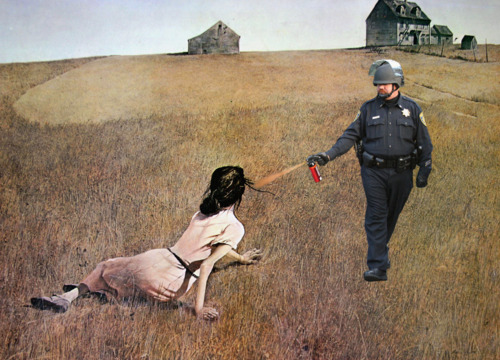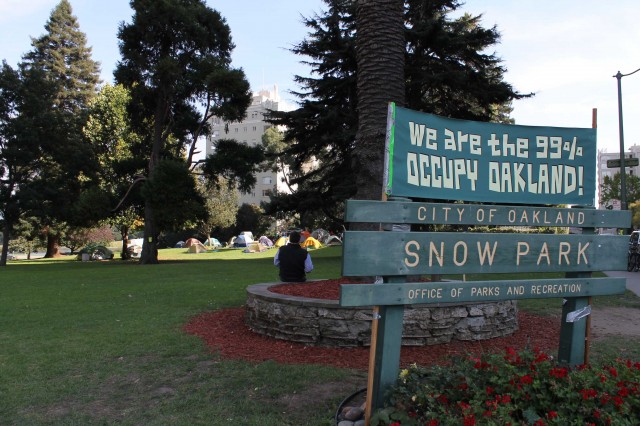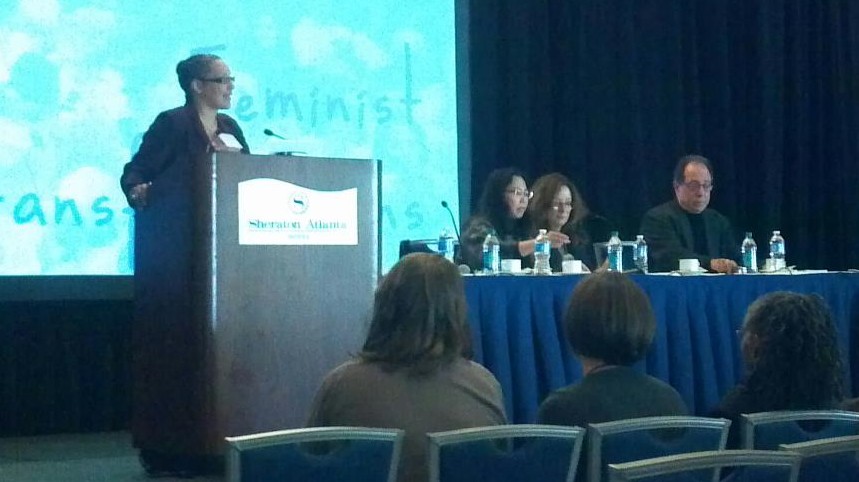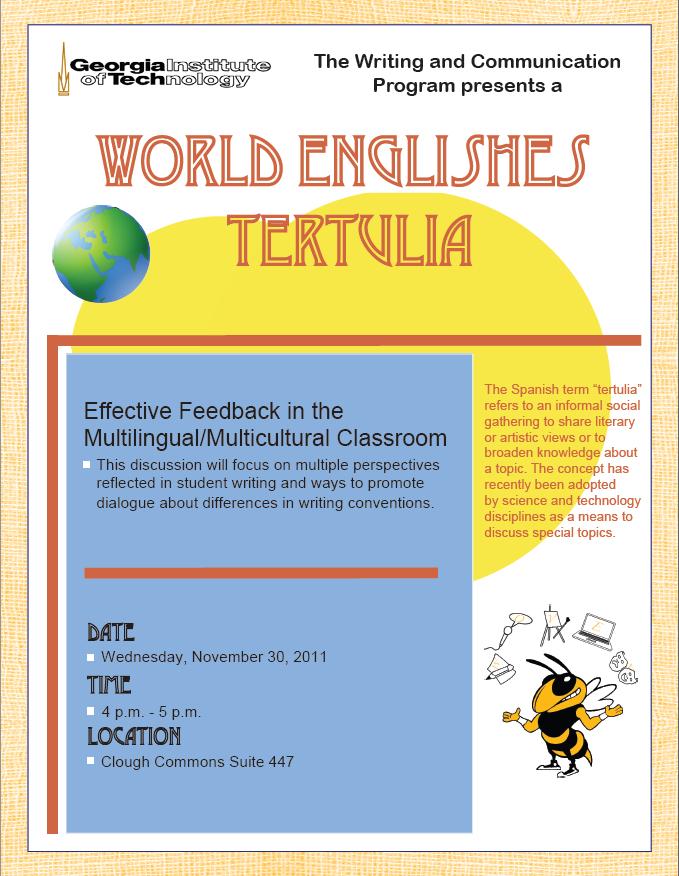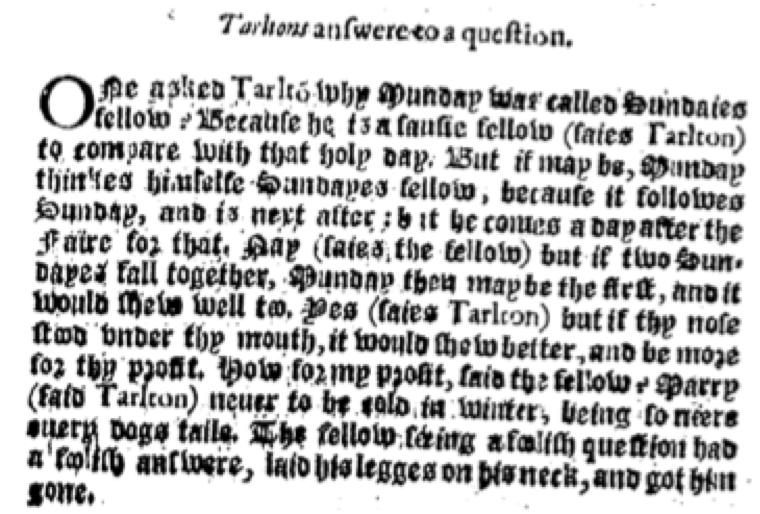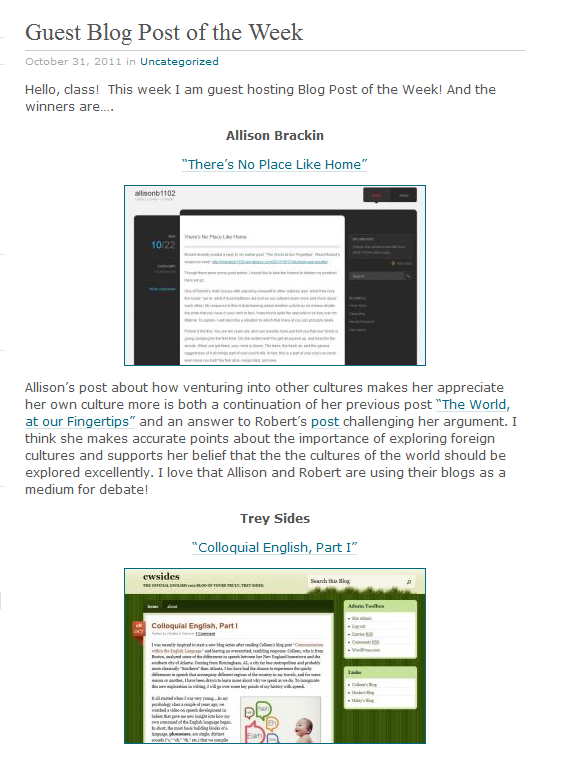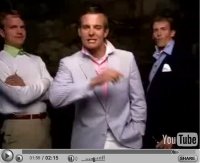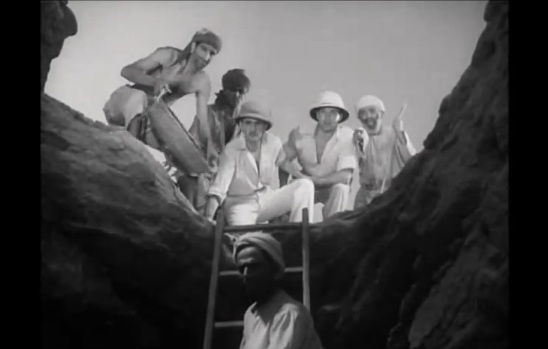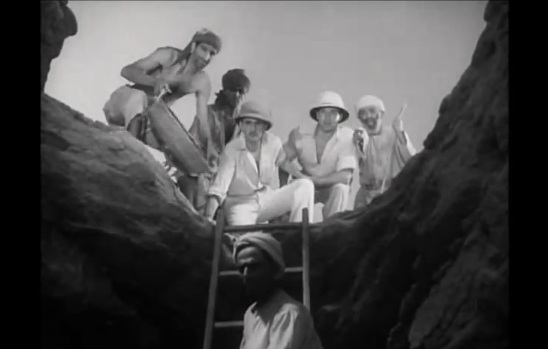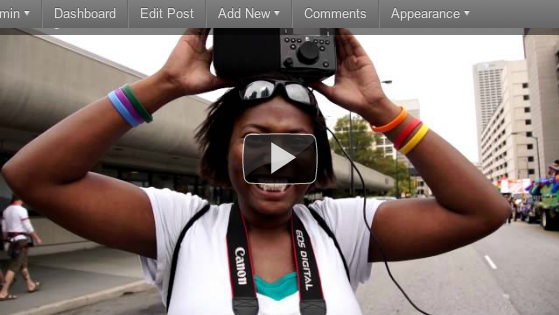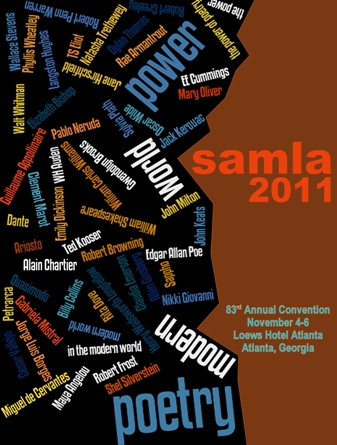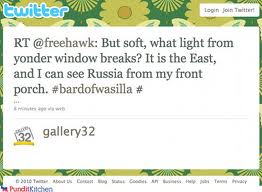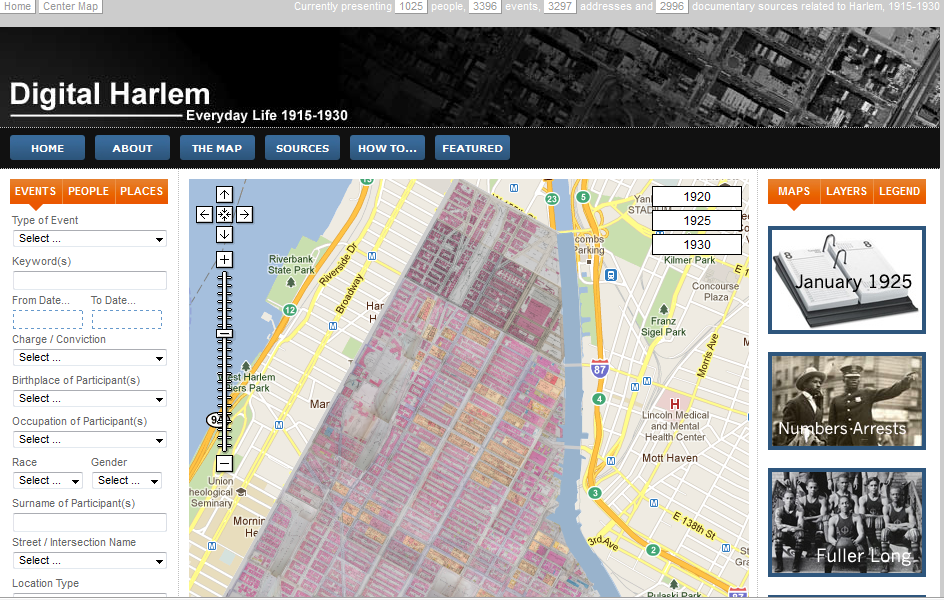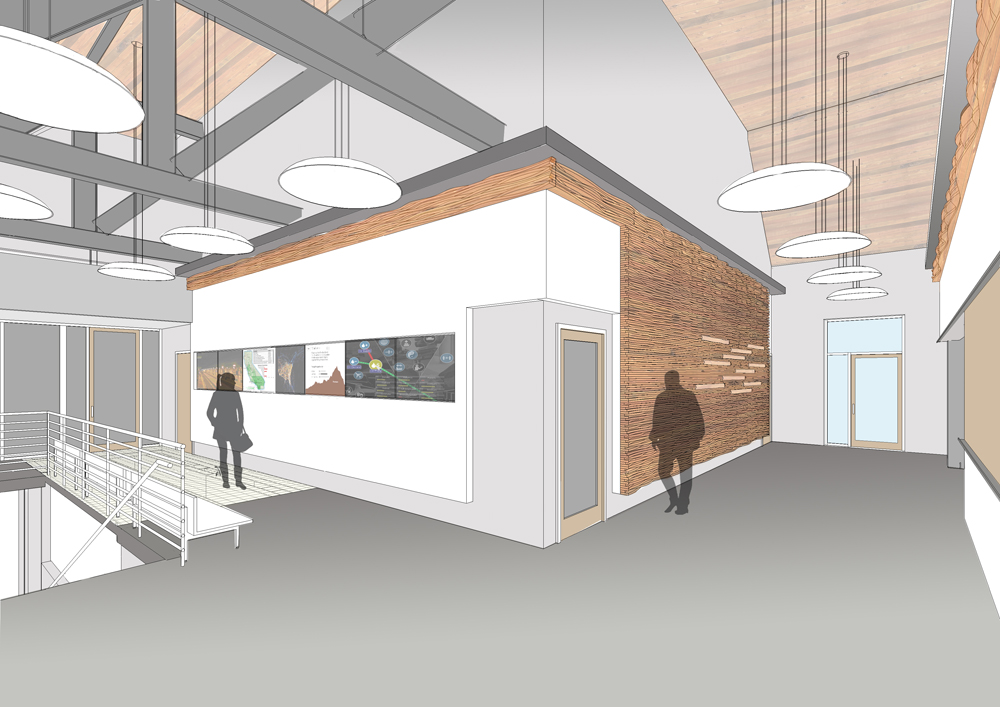Myth in the Classroom 3.0
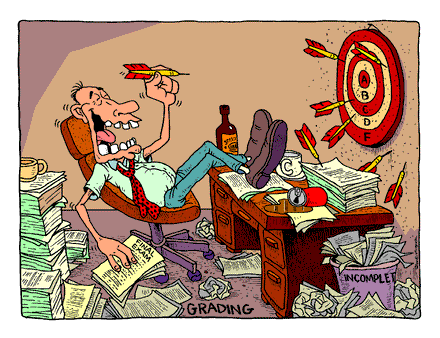
Since I’m awash in grading, I’d like to wrap up the semester with a meditation on final projects and cultural studies. I asked my ENGL 1101 students to create websites that perform a cultural study of a chosen artifact of American culture in terms of its relationship to race and technology. Overall, I think the assignment went quite well. Students appreciated the opportunity to share their ideas with an audience beyond me and even beyond their fellow classmates. And they especially enjoyed playing around with Dreamweaver, html, and iWeb. (Or so they tell me in their reflection papers.) An additional enticement was that they got to select artifacts of American culture that were important or relevant to them, including the Ford Mustang, the iPhone, and the NFL.
The greatest challenge students faced when making their arguments about these artifacts, though, was to bridge the issues of race and technology. Most of their websites ended up devoting one page to race and one to technology and not tying them together… Continue reading

